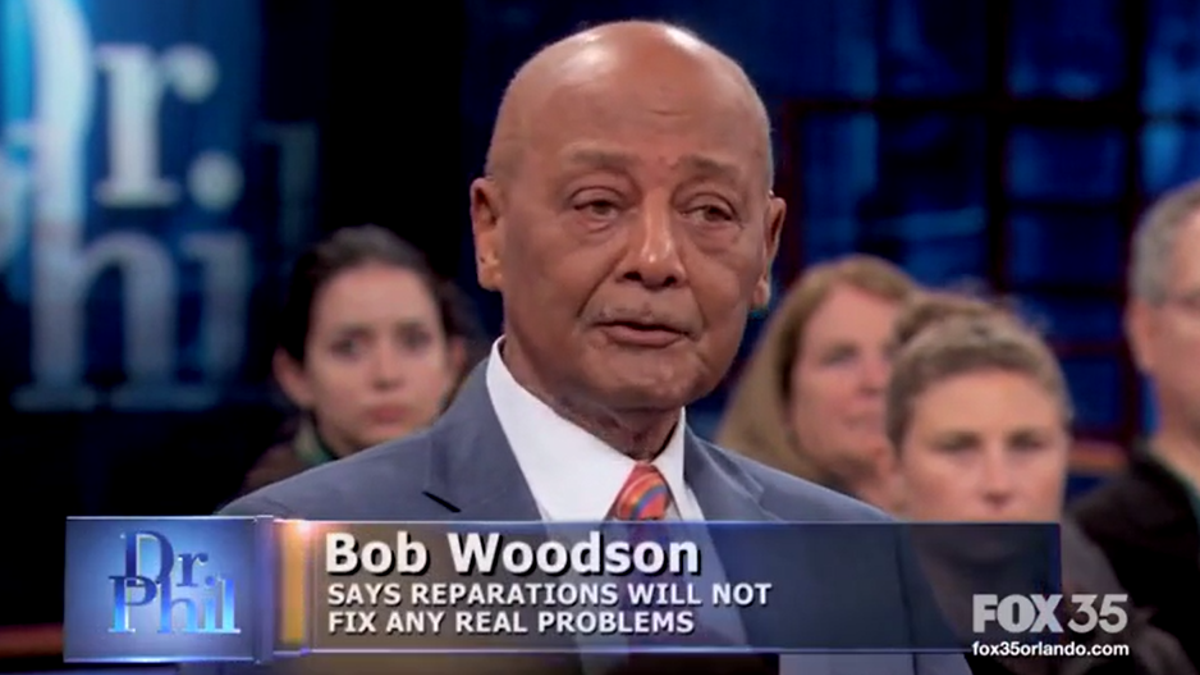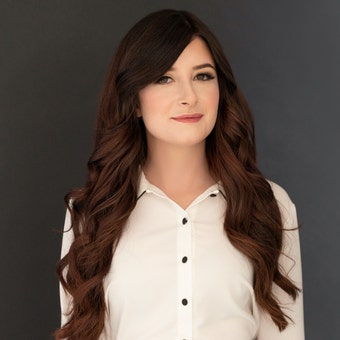Harvard professor says reparations about 'harm and healing' not 'greed and grievance'
Professor Cornell William Brooks discusses the growing support for reparations in cities and states around the country.
The battle over reparations is growing across the United States, as local, state and federal officials weigh everything up to seven-figure direct payments to Black Americans.
While some advocates call it a long-overdue policy addressing a history of oppression, its foes call it a misguided, divisive and harmful approach that exacerbates issues rather than solving them. Polls show it is broadly unpopular with Americans, but it nevertheless has received serious attention in both Washington and municipalities around the country.
Rep. Cori Bush D-Mo., alongside several other progressive lawmakers, unveiled the Reparations NOW resolution last week, calling for $14 trillion in reparations for Black Americans.
"The United States has a moral and legal obligation to provide reparations for the enslavement of Africans and its lasting harm on the lives of millions of Black people," Bush said in a news conference.
Amid the debate, policy experts are divided on the feasibility and necessity of reparations.
"The reason why we are experiencing this momentum at the moment is because the present is catching up with overdue history," Cornell William Brooks, a professor at the Harvard Kennedy School, told Fox News Digital, adding that the push is to make amends for America’s history of slavery.
"Reparations is about repair," Brooks said. "And that may mean a variety of forms of reparations to people who have been harmed in different ways, children who've been harmed, adults who have been or are the descendants of chattel slaves, but also those who have endured the harm of Jim Crow segregation."
Brooks, who is a civil rights attorney and also formerly served as the president and CEO of the NAACP, said people should not be making money allocations until a larger conversation is had.
"We want to talk about receipts and price tags before we talk about harm, and we don't do that in any other context," Brooks said.
He added that when someone is a victim of a crime, they are first asked about how they were a victim before discussing monetary value.
"So before we had this big conversation about who and, you know, receipts and checks, let's make sure we have a conversation about who's been harmed and how," he added. "My fear is that—as I like to put it—the economic ‘how’ paralyzes the moral ‘why,’ and we won't get to reparations at all."
WATCH MORE FOX NEWS DIGITAL ORIGINALS HERE
Robert Woodson, a civil rights activist who opposes reparations, said the push is purely political.
"My most cynical self says that this is more about the elections of 2024 than it's about reparations from 1619," Woodson said, who is also the founder and president of the Woodson Center.
Woodson, who went viral for slamming reparations on "Dr. Phil" last month, told Fox News Digital that reparations would not solve the problems facing the Black community today.
"In order to solve a problem, you've got to properly diagnose, and reparations is no answer for the challenges facing large numbers of Blacks in these cities," he said. "It is lethal to continue to direct attention away from the critical problems and challenges facing Blacks and reparations is a major distraction."
"It's a ploy," Woodson said. "It's just keeping us all at each other's throats, and it's being used cynically by people who really are trying to undermine the fundamental values of this nation."
'SQUAD' MEMBER RIPPED FOR DEMANDING TRILLIONS IN REPARATIONS: 'CREATING US VERSUS THEM MENTALITY'
Municipalities and states have also taken action. The California Reparations Task Force recommended $1.2 million in payments to every qualifying Black state resident earlier this month.
Evanston, Illinois approved a plan to distribute $25,000 for home repairs or down payments on property for qualified Black residents, and a proposed plan in San Francisco is estimated to cost over $100 billion.
Other cities and organizations have developed commissions to study and consider whether to enact reparations, including a group of Democratic mayors, Mayors Organized for Reparations and Equity, which announced a partnership in 2021 to take action.
Jesse Rhodes, a political science professor at the University of Massachusetts-Amherst who polled Americans about their opinion of reparations, told Fox News Digital that strides are being made at the local level because of "political feasibility."
"If what we're thinking about in the short run is viability and progress; where it's possible, where the communities support it, it's most likely to be occurring at the municipal level," he said.
Rhodes helped work on a 2021 poll that found nearly two-thirds of Americans oppose reparations.
"A lot of the conversations about reparations today are very much tied up with the Black Lives Matter movement," Rhodes said, adding that the conversation extends beyond slave descendants to people affected by Jim Crow and segregation.
Andre Perry, a senior fellow at Brookings Metro, said reparations are not uncommon in America, citing payments to Japanese Americans interned during World War II and different forms of compensation for Native American groups.
When asked why Americans who are not descendants of slave owners or descendants of Union soldiers should have to contribute to reparations, he said everyone has an obligation to pay for America’s past atrocities.
"The victims of 9/11 and their families receive reparations, but I was not involved in the hijacking and that tragedy," he said. "And I am more than happy in making sure those families are taken care of."
"This is about our civic obligation to those who are citizens, who are our civic brothers and sisters," Perry added.
When it comes to discussions about what exactly reparations look like and who qualifies for them, the policy experts were hesitant to get into specifics.
Perry said reparations will require "a significant amount of studying by sociologists, economists, educationists and others" but should also include acknowledgment of wrongdoing.
"It's not just about programs," he said. "It's also about a formal apology and an acknowledging that racism robbed people of the opportunity to grow."
Richard Epstein, a senior fellow at the Hoover Institution, said calculating the costs for reparations owed is not realistic.
"The thought that the wealth that was around in 1865 has just been put in an idle bank account accruing interest for the next 150 years, and we could gather it, this is just another one of these kinds of fantasies," he said.
Fox News contributor Deroy Murdock called the push for reparations "a complete disaster."
"This is a stupid, misguided idea, especially when you see states like California bending over backward to spend money they don't have," he said. "Amid a $33-billion budget deficit to provide reparations to people in a state that was never part of the Confederacy nor involved in the Civil War."
"Let's say that you had relatives who were defending the Union and attacking the Confederacy by shooting at and killing Confederate soldiers and your great-great-great-great grandpa died at Gettysburg or Antietam or Shiloh," he said. "Do you get a discount? Do you get to pay as much as people whose families may have owned plantations?"
Murdock also mocked the MORE mayor group for nearly half of its 13 members coming from non-slave states.

Civil rights activist and author Bob Woodson criticizes the idea of reparations on an episode of Dr. Phil. (CBS)
"You have a lot of left-wing Democrat mayors, who this is their new toy, and they're going to take a new toy, play with it," he said. "Maybe the reason they're holding on to and pushing the reparations thing is this is a kind of fun little project to work on rather than actually sitting down and asking, ‘OK, how do we lower crime in this community?’"
Echoing Woodson, Murdock believes that the recent push for reparations is due to the upcoming presidential election.
CLICK HERE TO GET THE FOX NEWS APP
Former Los Angeles Mayor Eric Garcetti, D., who founded MORE, told the New York Times he planned to "double or even triple" the group’s membership. The group has remained inactive on social media and media hits since 2021 and added just two members since Garcetti’s comments.
MORE did not respond to a request for comment.











































